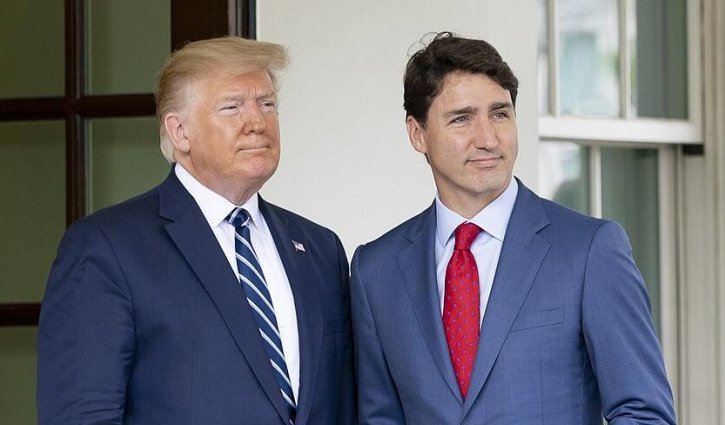The World Bank has warned the global economy is set to grow at its slowest pace in almost six years.
According to a recent report from the World Bank, this has been the slowest half-decade of Gross Domestic Product (GDP) growth in 30 years.
A growth rate of 2.7% is predicted which would be the lowest in the years directly before and after the height of COVID-19.
The BBC reported that the bank's deputy chief economist Ayhan Kose has warned the impending trade tariffs that President-elect Donald Trump intends to place on imports into the U.S. could have significant impacts on the global economy.
As the U.S. is the world's largest importer of goods, the potential for higher taxes puts immense financial pressure on global trade.
Trump has plans to impose 10-15% duties on all U.S. imports, targeting neighbouring countries Canada and Mexico, along with 60% on all goods from China, all countries which account for 40% of the US$3.2 trillion (A$5.1 trillion) of goods it imports each year.
Other fears include the potential for interest rates to remain higher for longer along with policy uncertainty which could leave businesses lacking confidence and reduce investment.
“Investment booms have the potential to transform developing economies and help them speed up the energy transition and achieve a wide variety of development objectives,” said Ayhan Kose, the World Bank’s Deputy Chief Economist and Director of the Prospects Group.
To reduce poverty and fund public services such as healthcare and education, consistent economic growth is vital.
According to the World Bank’s latest Global Economic Prospects report, developing economies account for 60% of global growth yet they are projected to finish the first quarter of the 21st century with the weakest long-term growth outlook since 2000.
The World Bank says developing economies are projected to grow 3.9% - more than one percentage point below the average of the previous decade.
“Without a major course correction, the 2020s will go down as a decade of wasted opportunity,” said Indermit Gill, the World Bank Group’s Chief Economist and Senior Vice President. “Near-term growth will remain weak, leaving many developing countries — especially the poorest — stuck in a trap: with paralysing levels of debt and tenuous access to food for nearly one out of every three people.”
Related content


